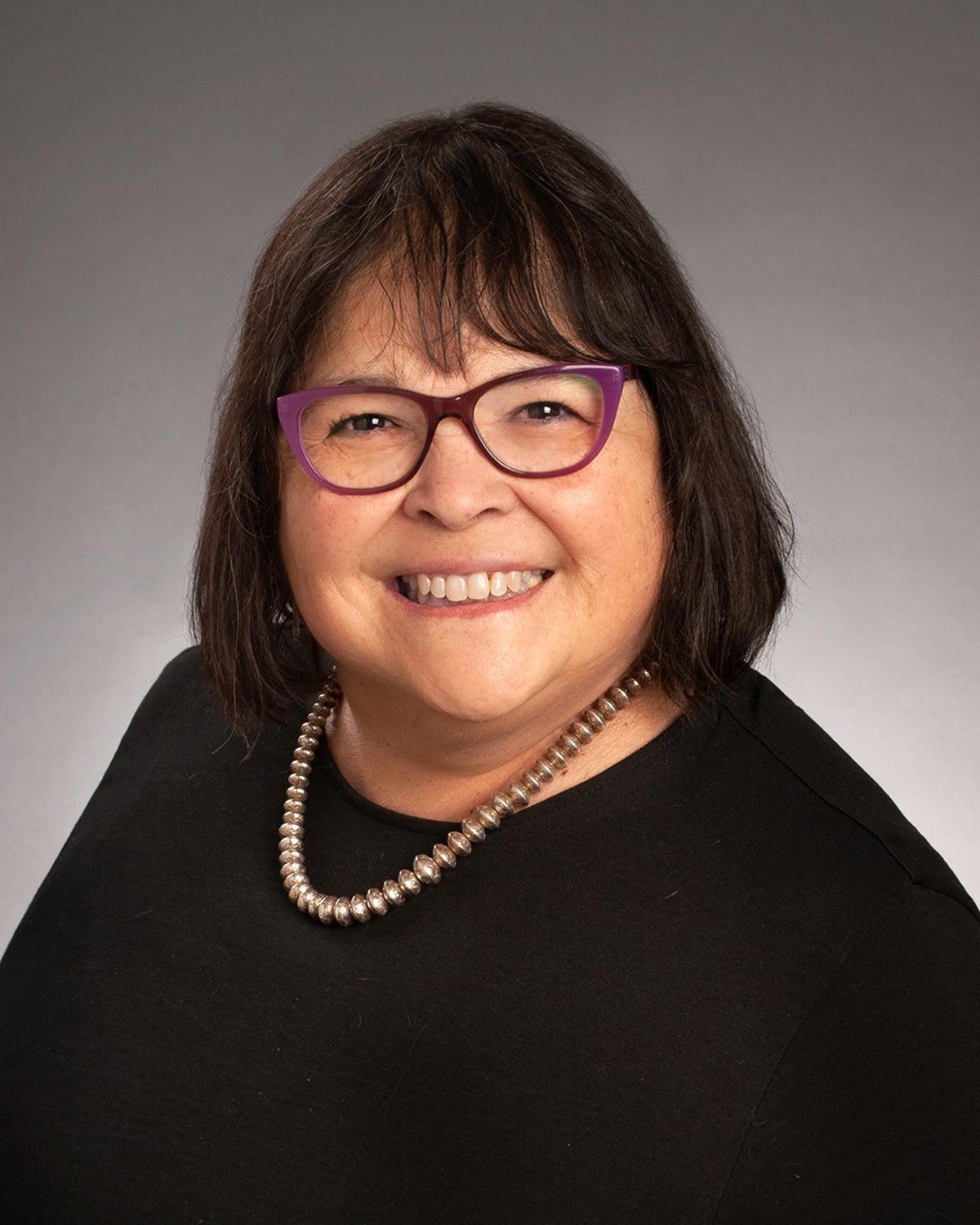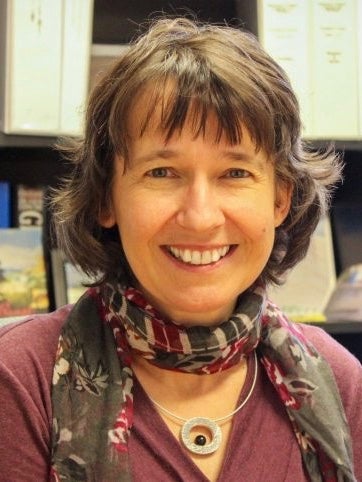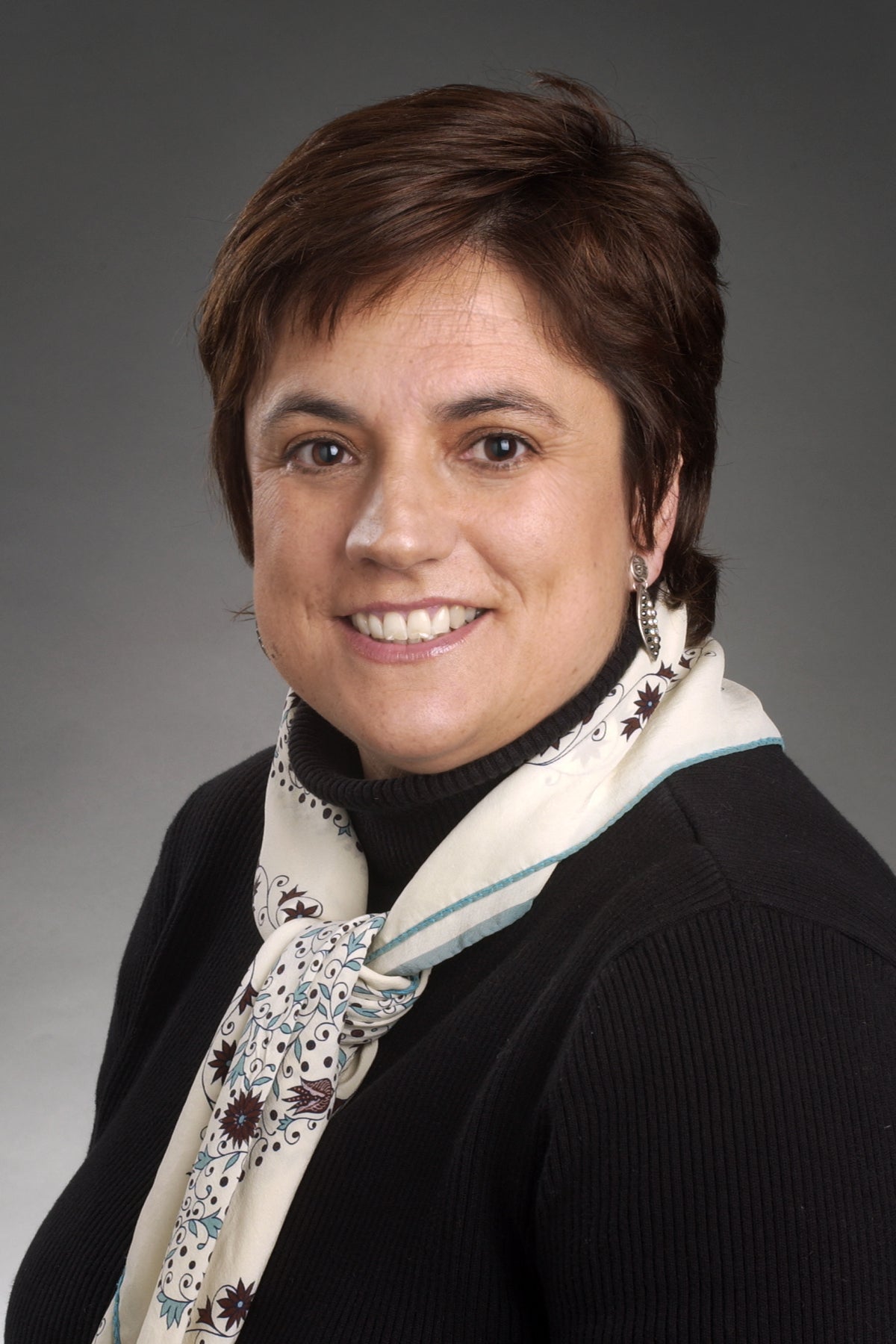Faculty and Staff News
-
Friday Jun 14th, 2024
Summer World Languages Newsletter
Check out our summer newsletter! -
Wednesday May 1st, 2024
May World Languages Newsletter
This month’s edition features two parts: Part One and Part Two -
Wednesday May 1st, 2024
French beyond France: An interdisciplinary outreach project
Boise State University offers several community outreach opportunities, but in Brittney Gehrig’s French 400 class,… -
Wednesday May 1st, 2024
Jason Herbeck Publishes Article in Romance Notes
An article written by Dr. Jason Herbeck, Chair and Professor of French, was recently published… -
Wednesday Mar 13th, 2024
Dr. Larraitz Ariznabarreta Named 2024 Eloise Garmendia Bieter Chair in Basque Studies
2024 Eloise Garmendia Bieter Chair in Basque Studies March 14- March 31 Dr. Larraitz Ariznabarreta…
World Languages Faculty & Staff
Listed in alphabetical order by last name.
-

Jason Herbeck
World Languages Department Chair, Professor of French
-
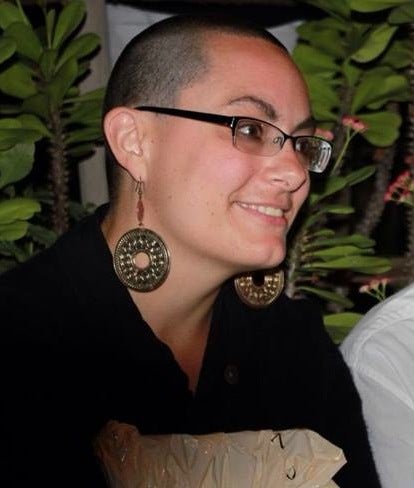
Arantza Ugalde
Associate Chair, Lecturer of Spanish
-
-

-
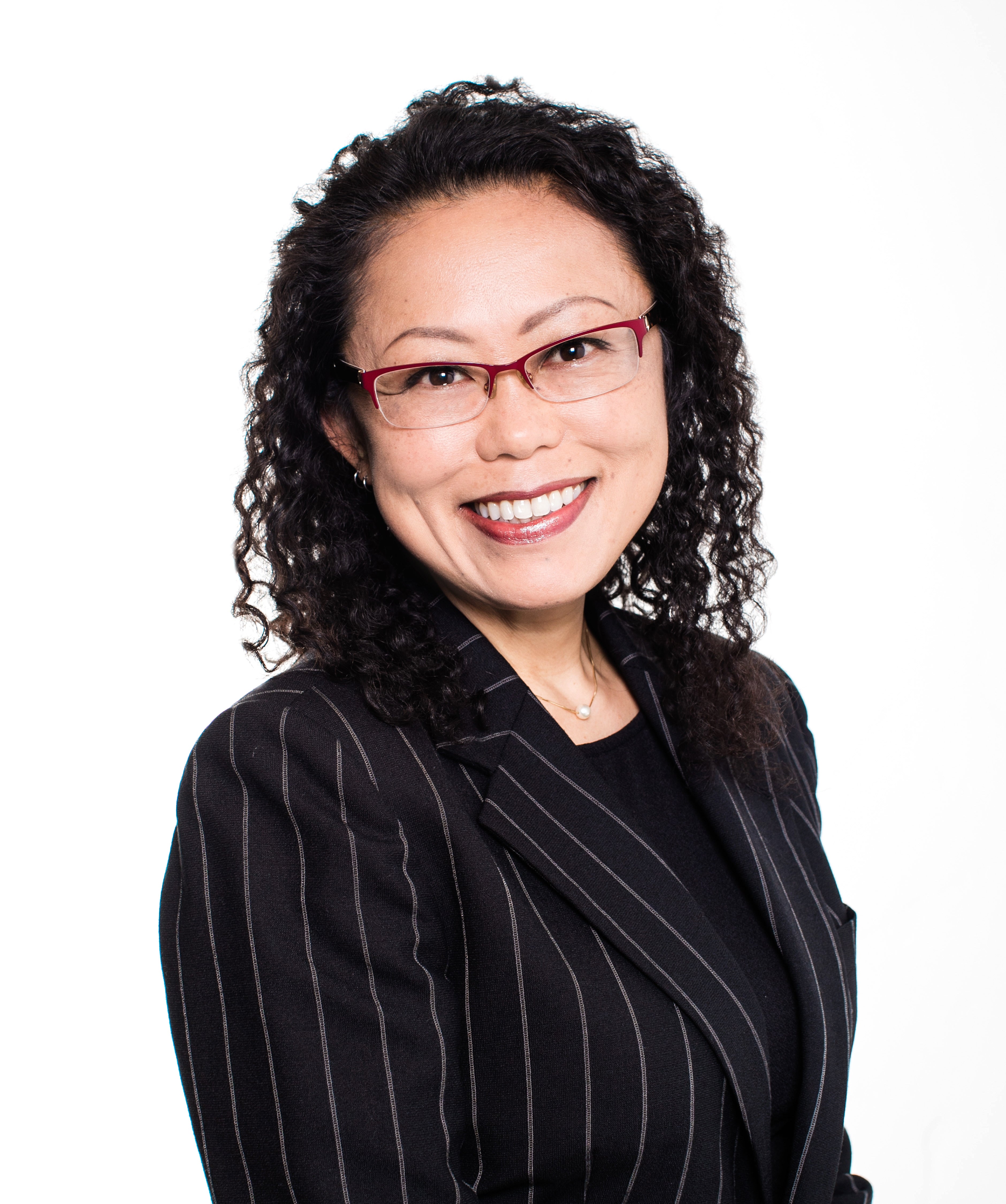
-

-
-

Franzi Borders
Adjunct Instructor of German
-
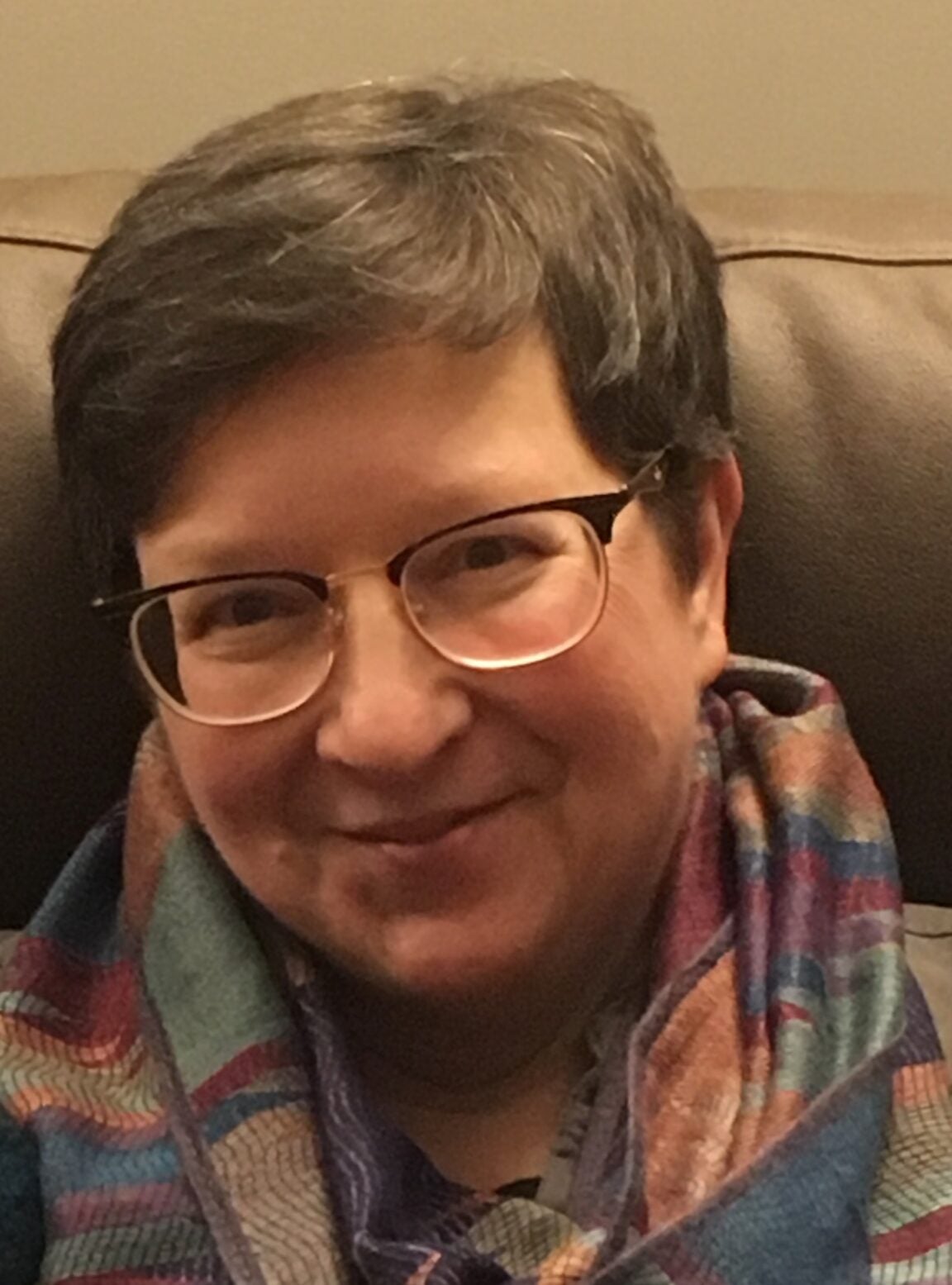
Teresa Boucher
Professor of Spanish
-
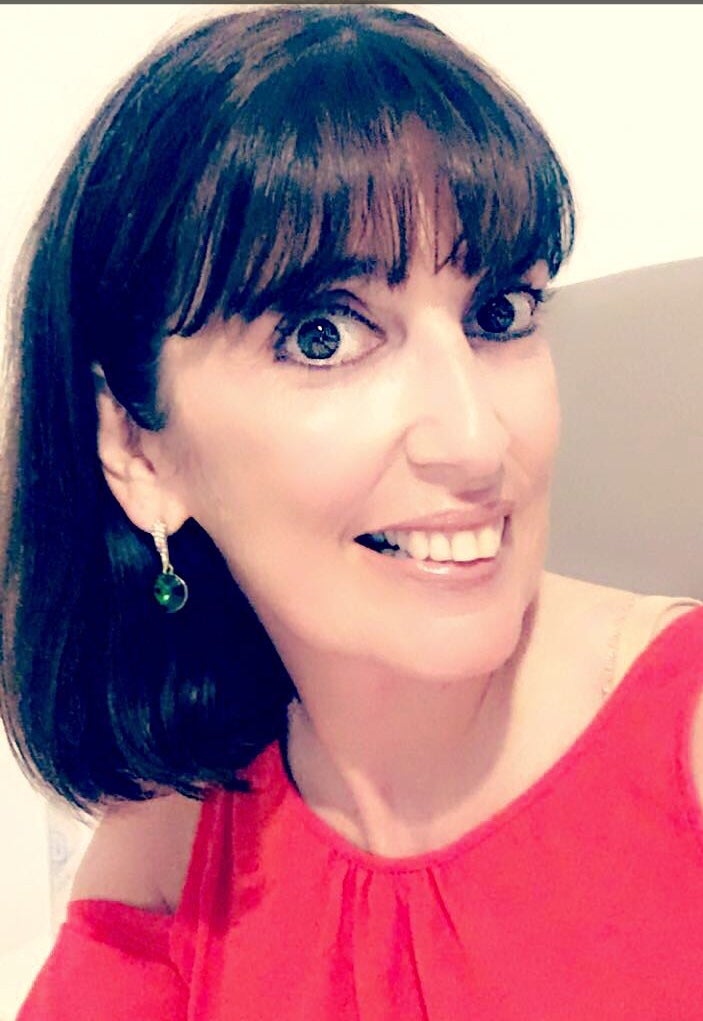
Fátima Cornwall
Clinical Assistant Professor of Spanish and Portuguese, Coordinator of Spanish Lower-Division Courses
-
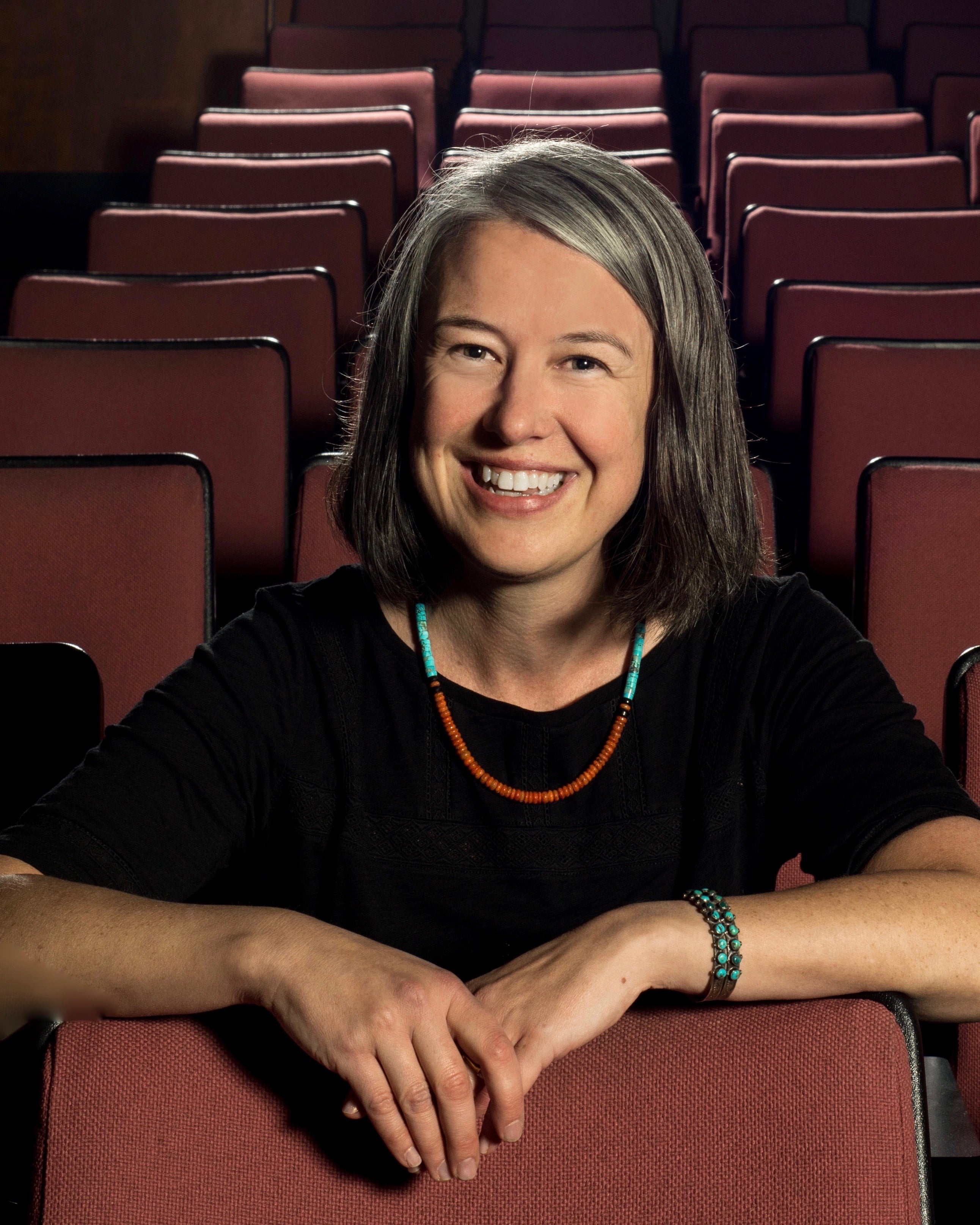
Mariah Devereux Herbeck
Professor of French, French Section Head
-
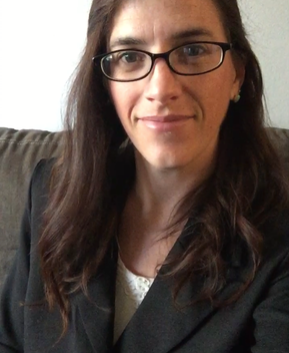
Kristi Dorris
Lecturer of ASL, ASL Section Head
-
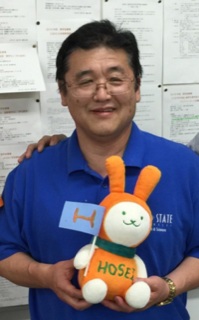
Tetsuya Ehara
Lecturer of Japanese
-
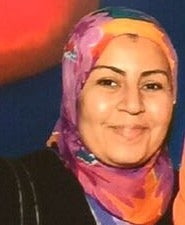
-

Ziortza Gandarias Beldarrain
Associate Professor of Basque, Basque Section Head
-
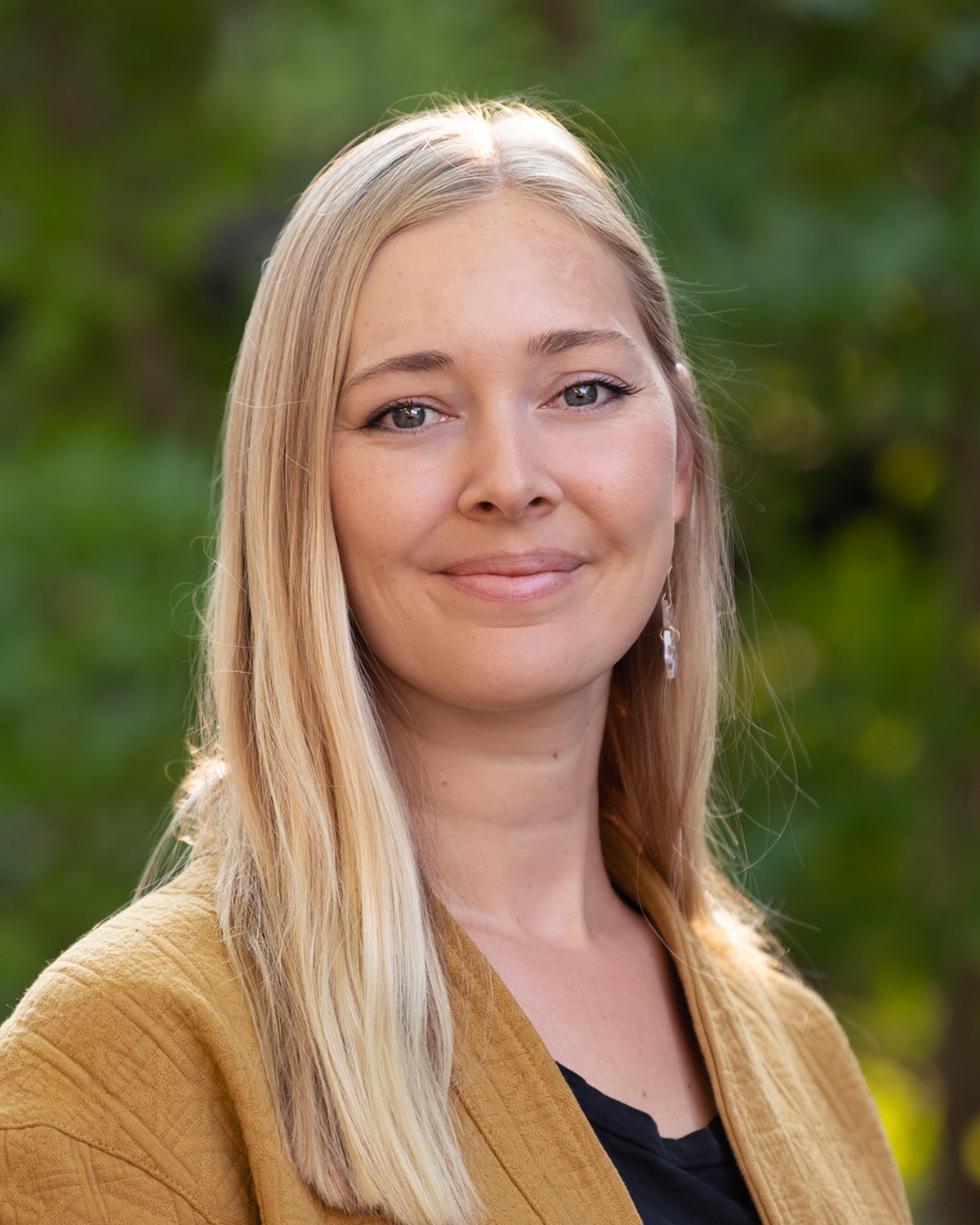
-
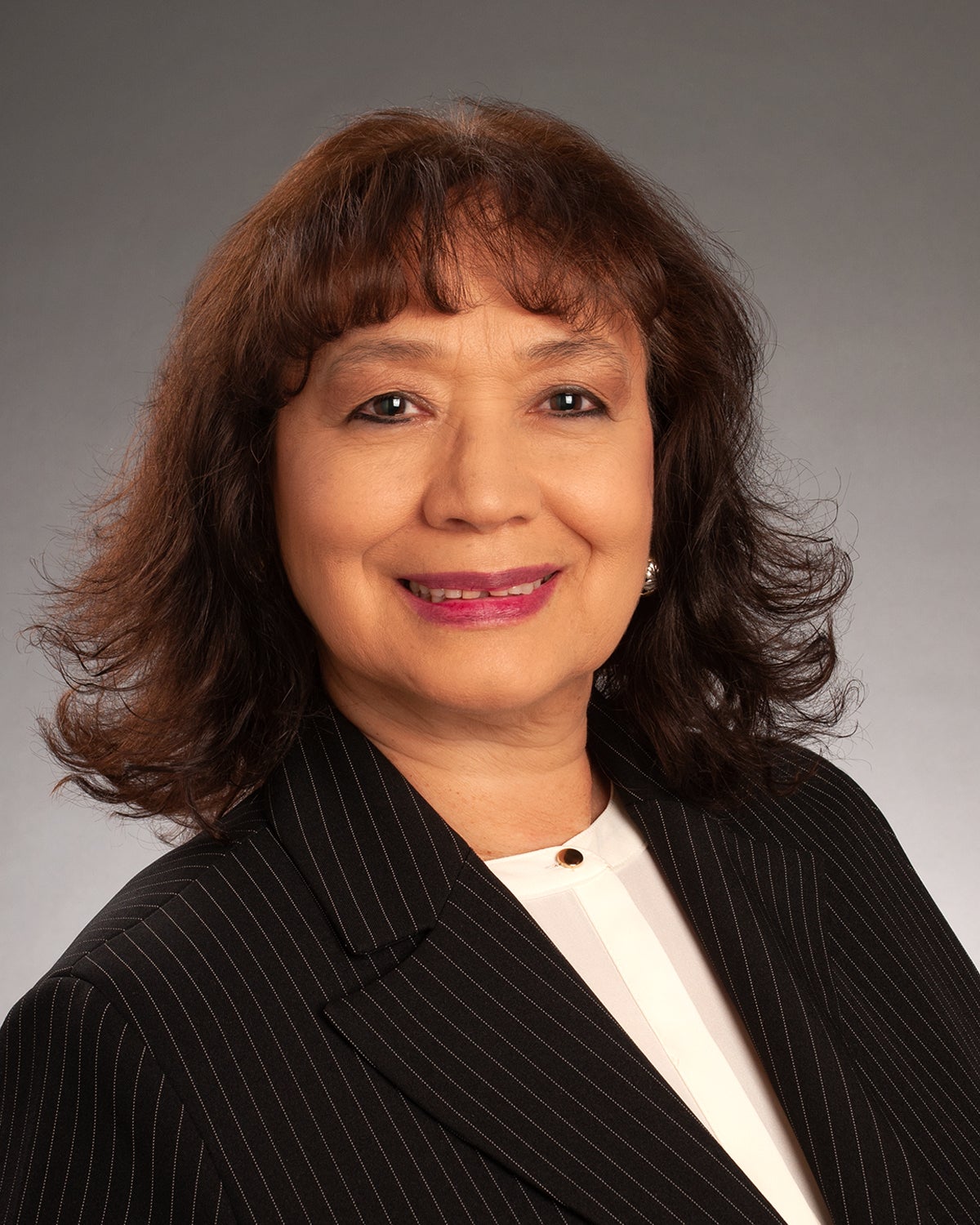
-
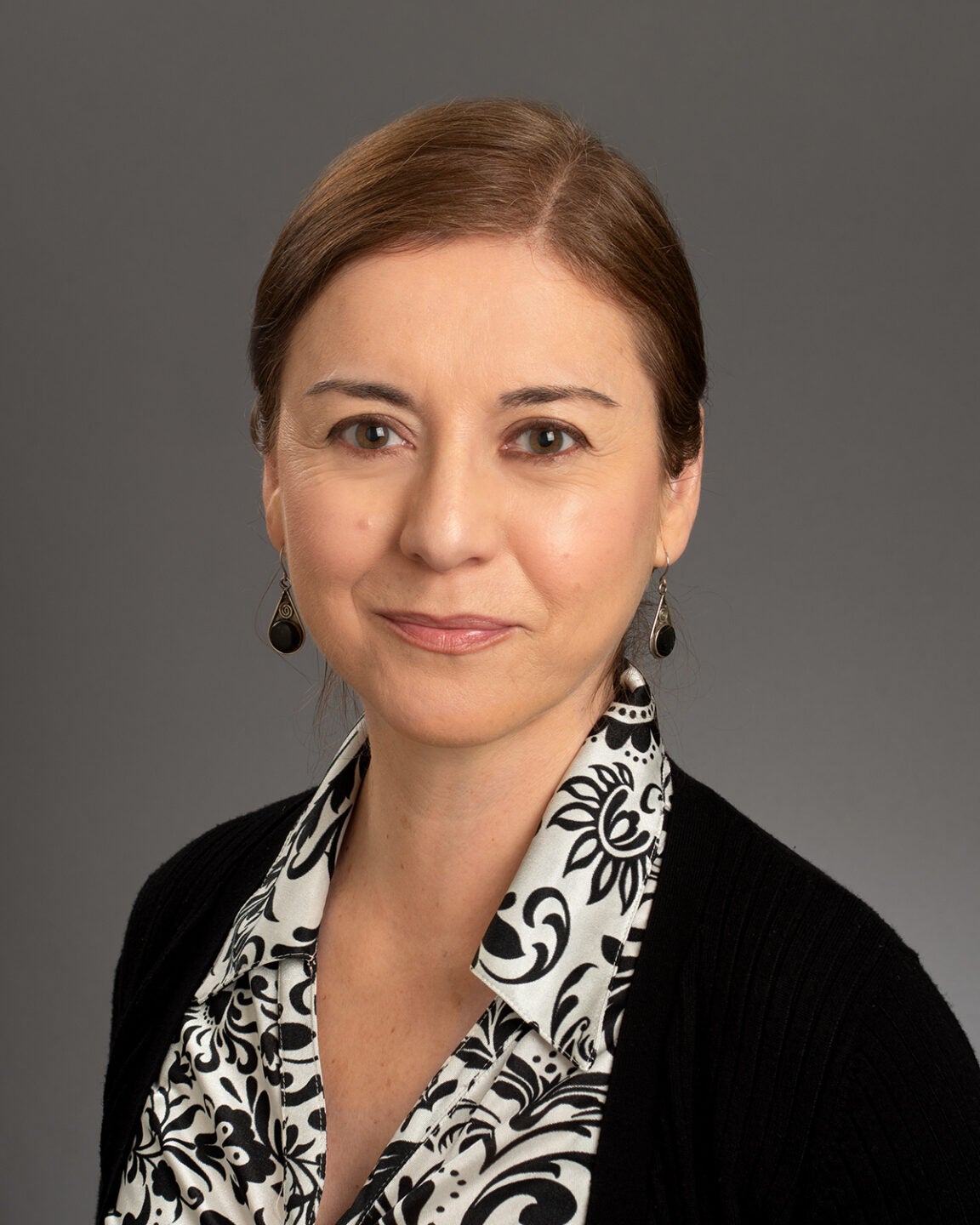
Claudia Guerra Labarca
Adjunct Instructor of Spanish
-
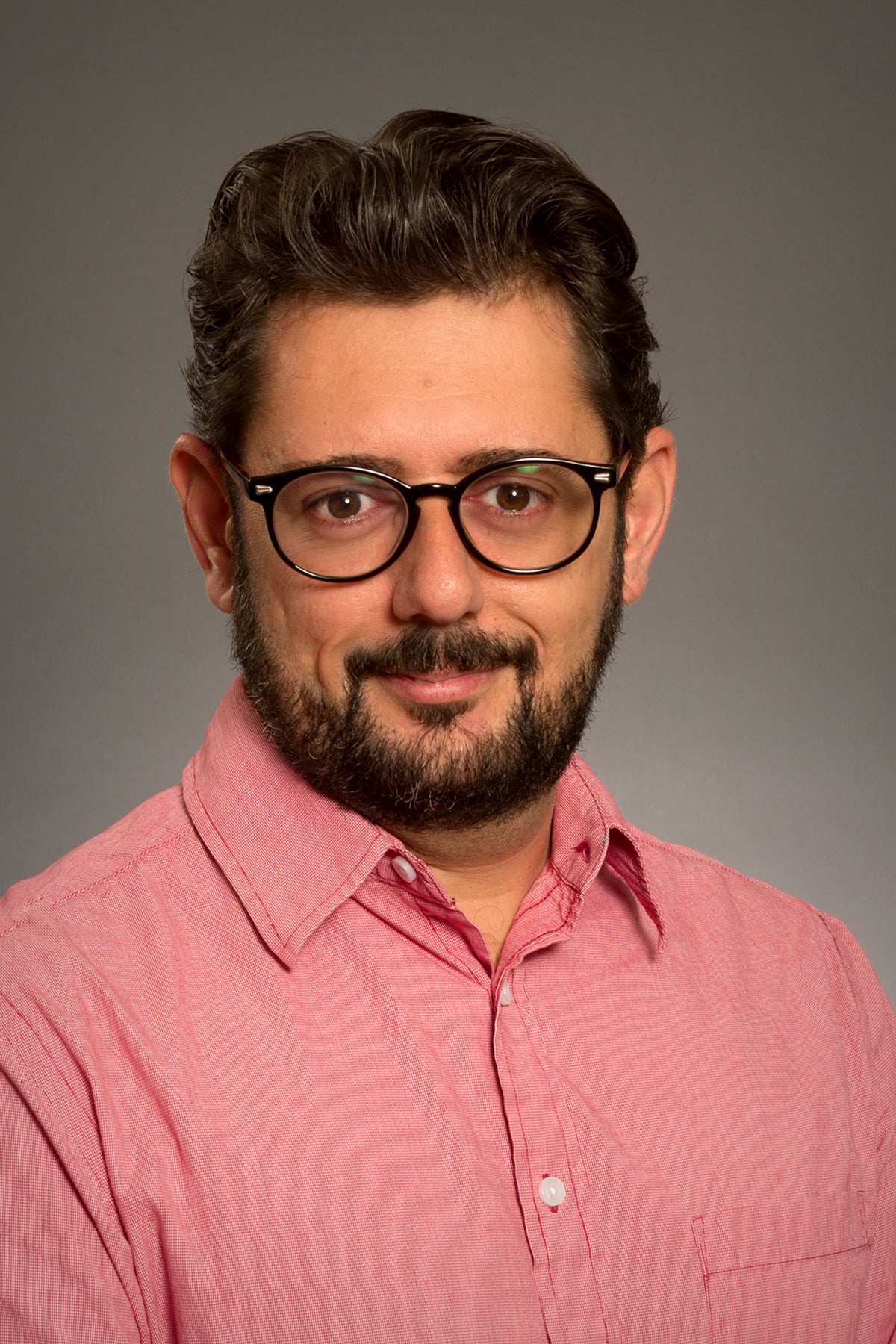
-
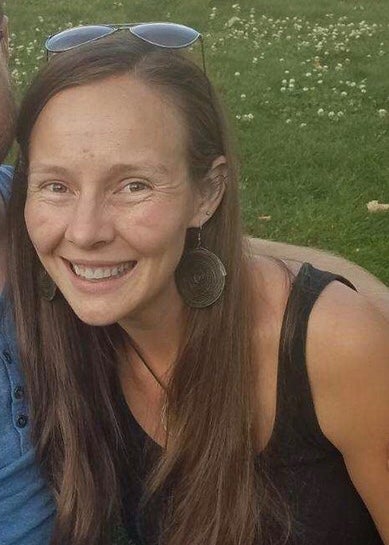
-
-
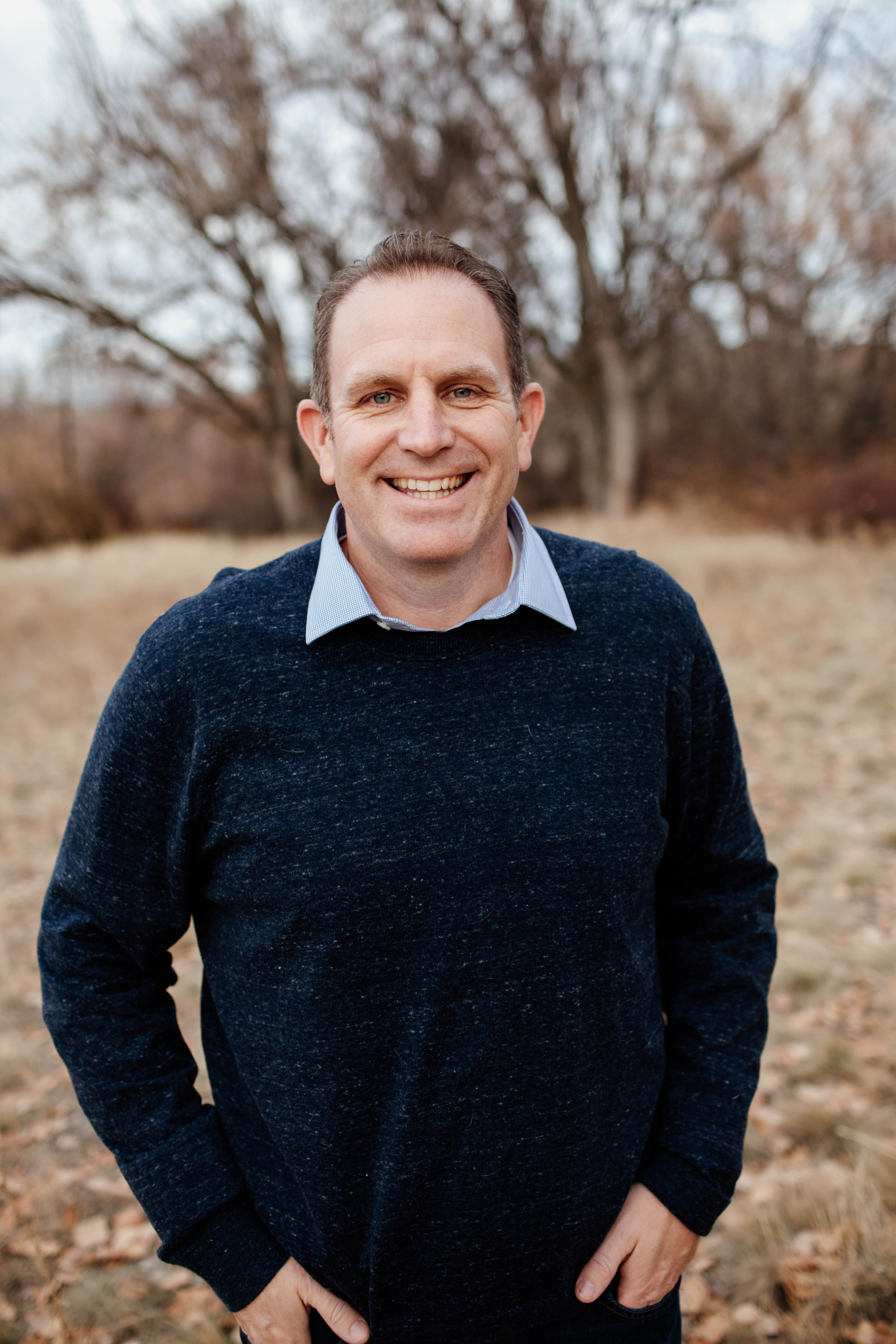
Adrian Kane
Professor of Spanish, Spanish Section Head
-
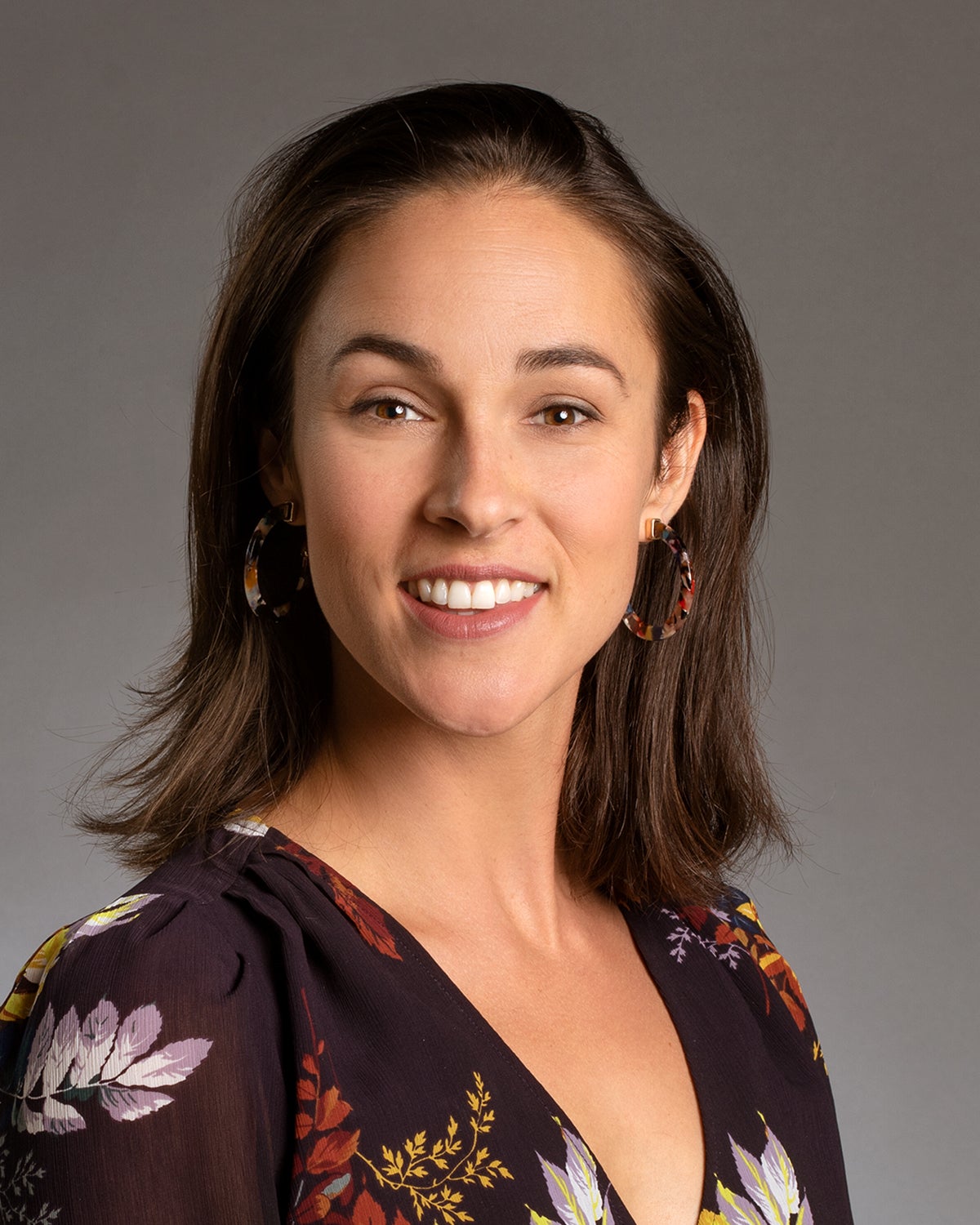
-
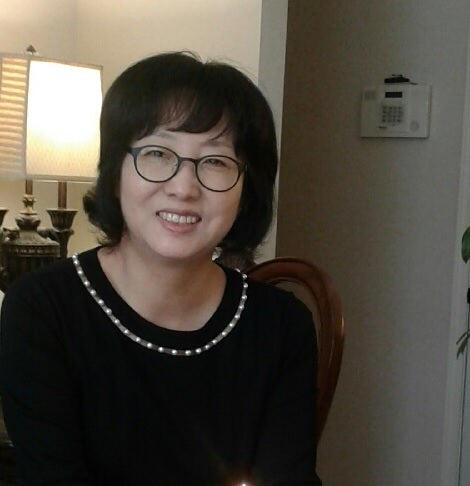
-
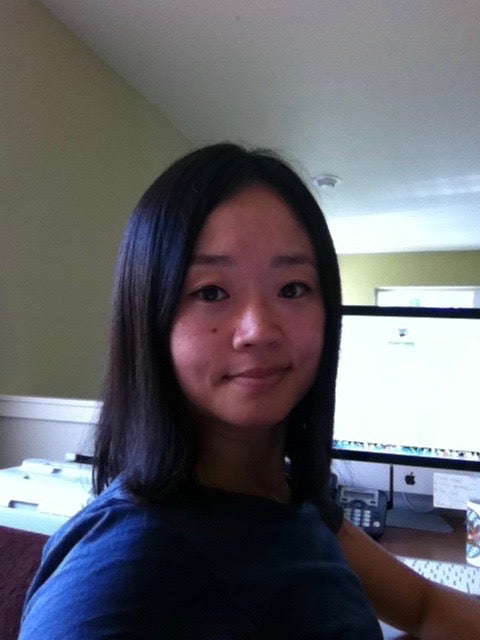
-
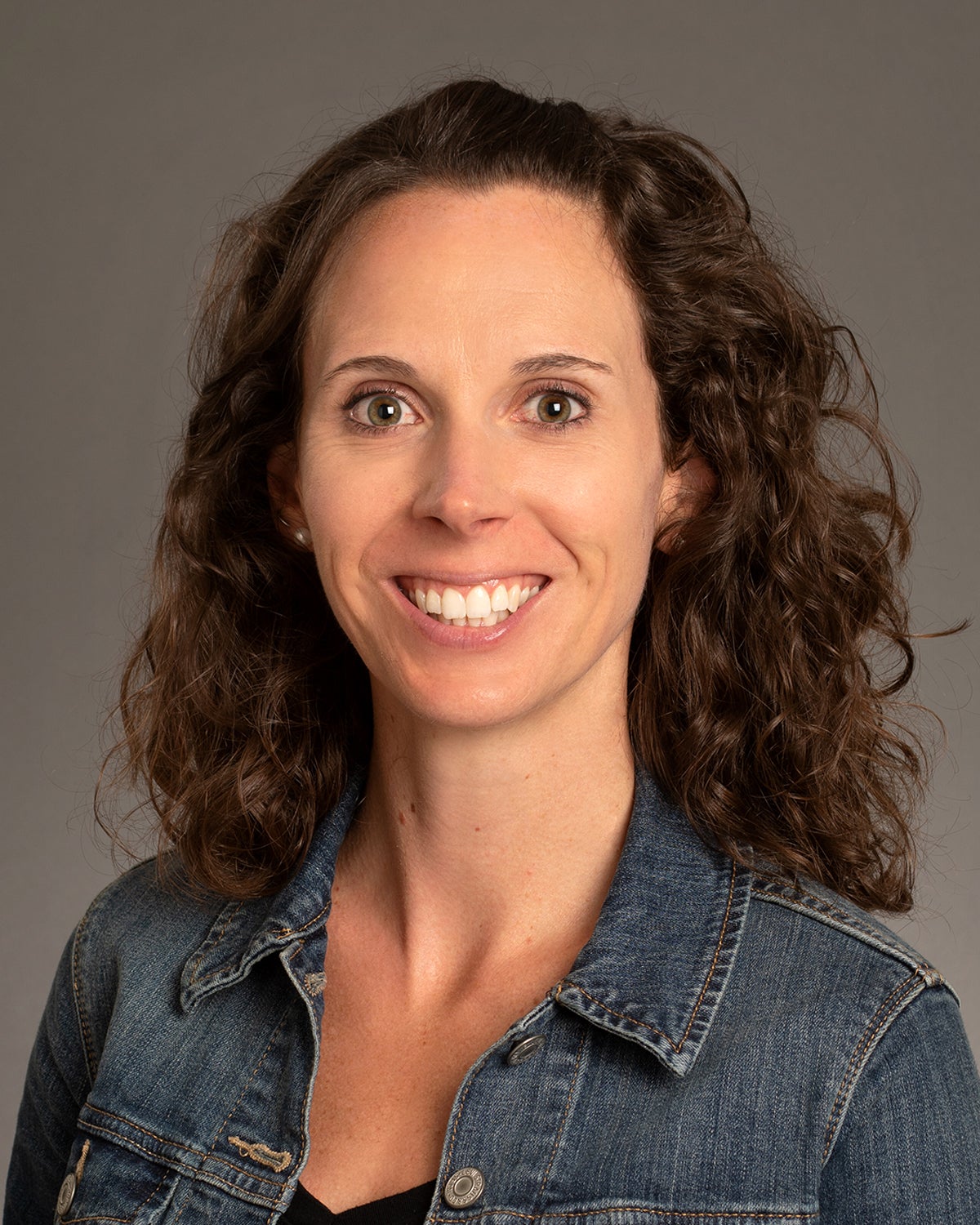
-
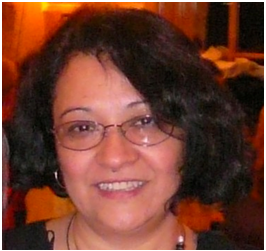
-
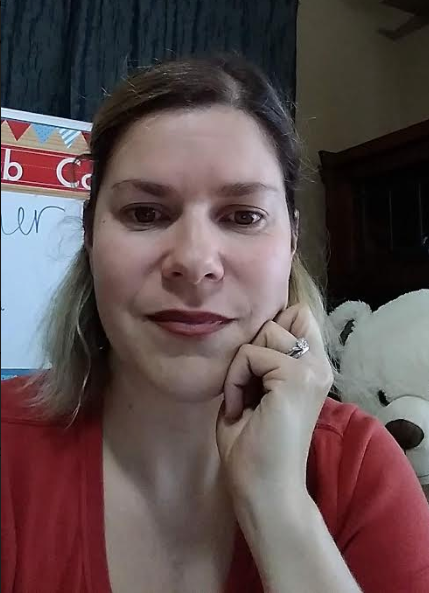
-
-
-

Beret Norman
Associate Professor of German
-

-
-
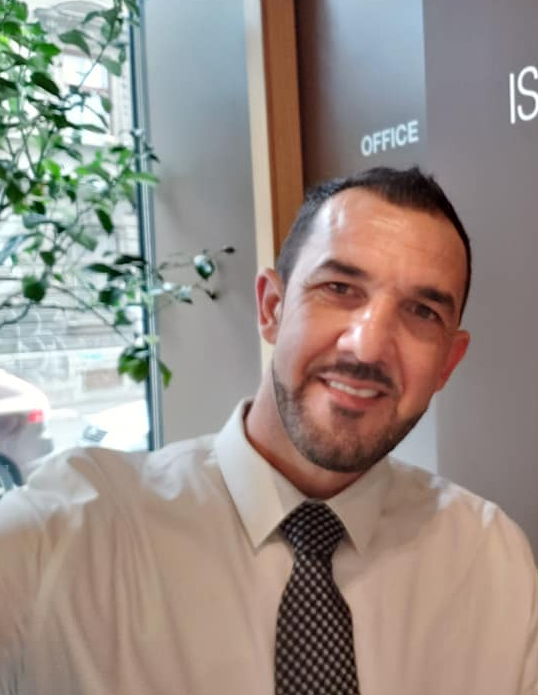
-
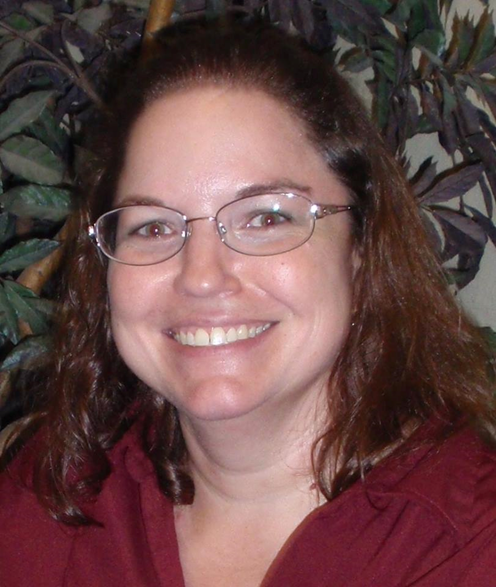
-
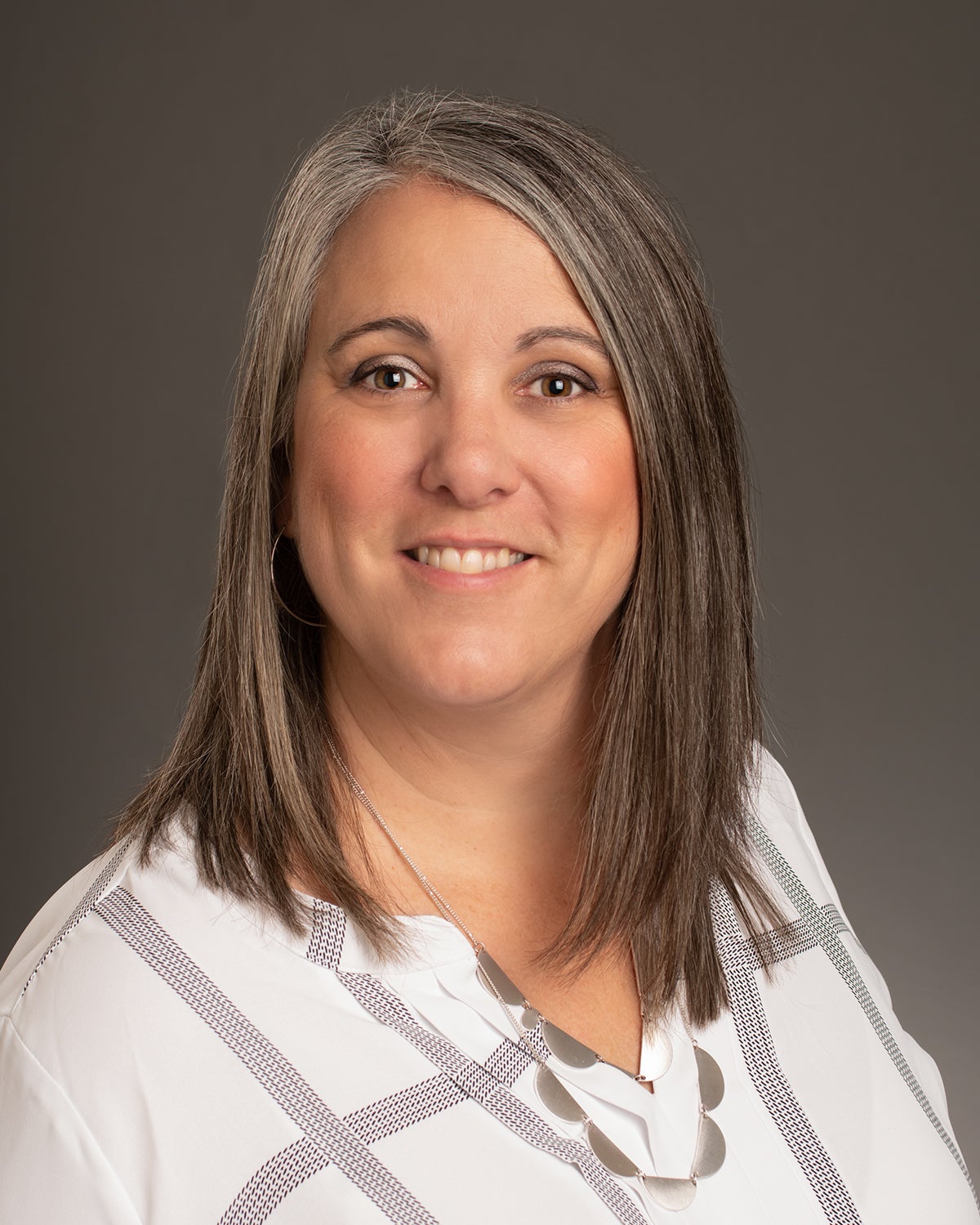
-
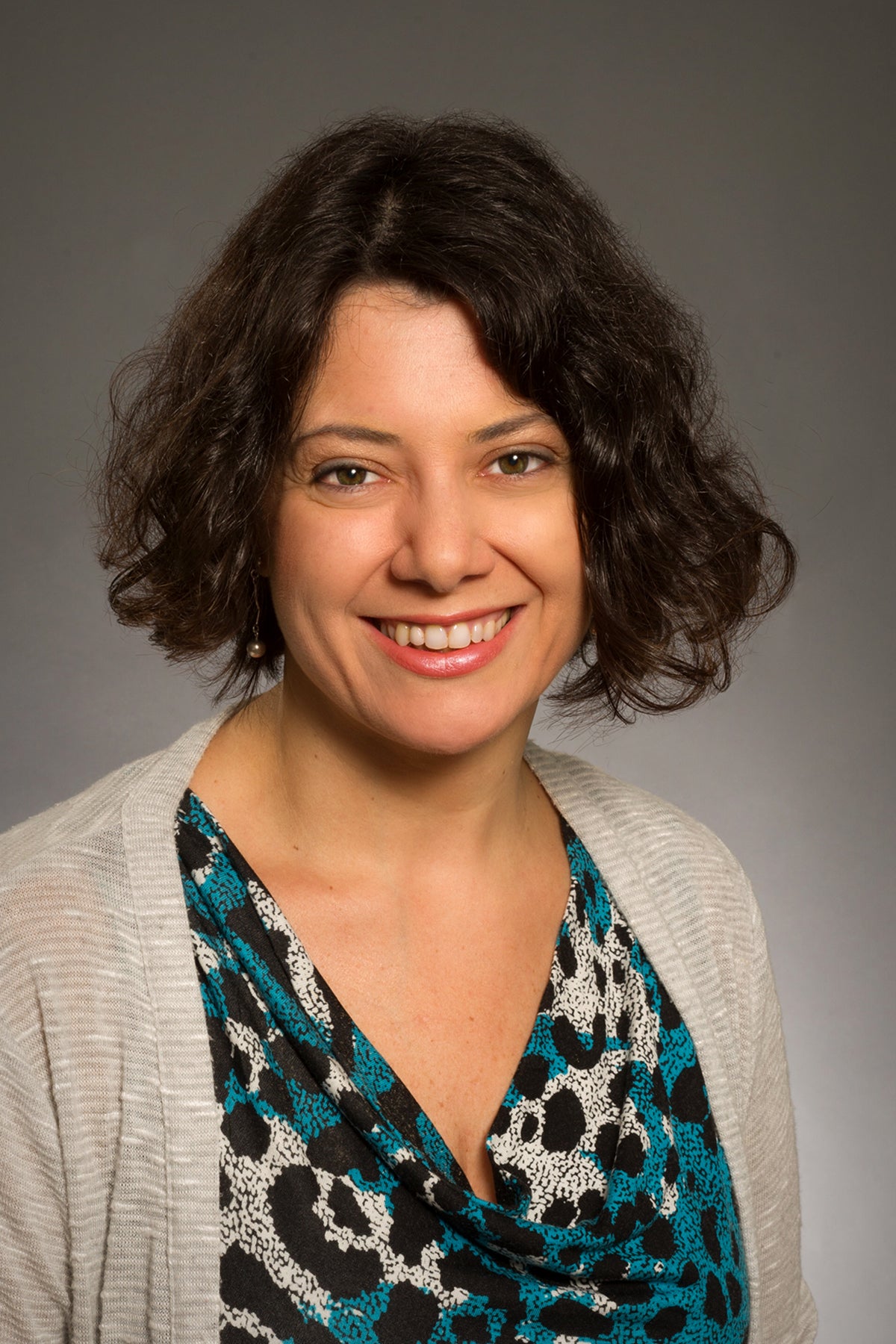
Carolina Viera
Assistant Professor of Spanish
-
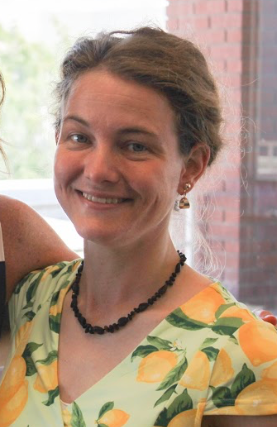
-
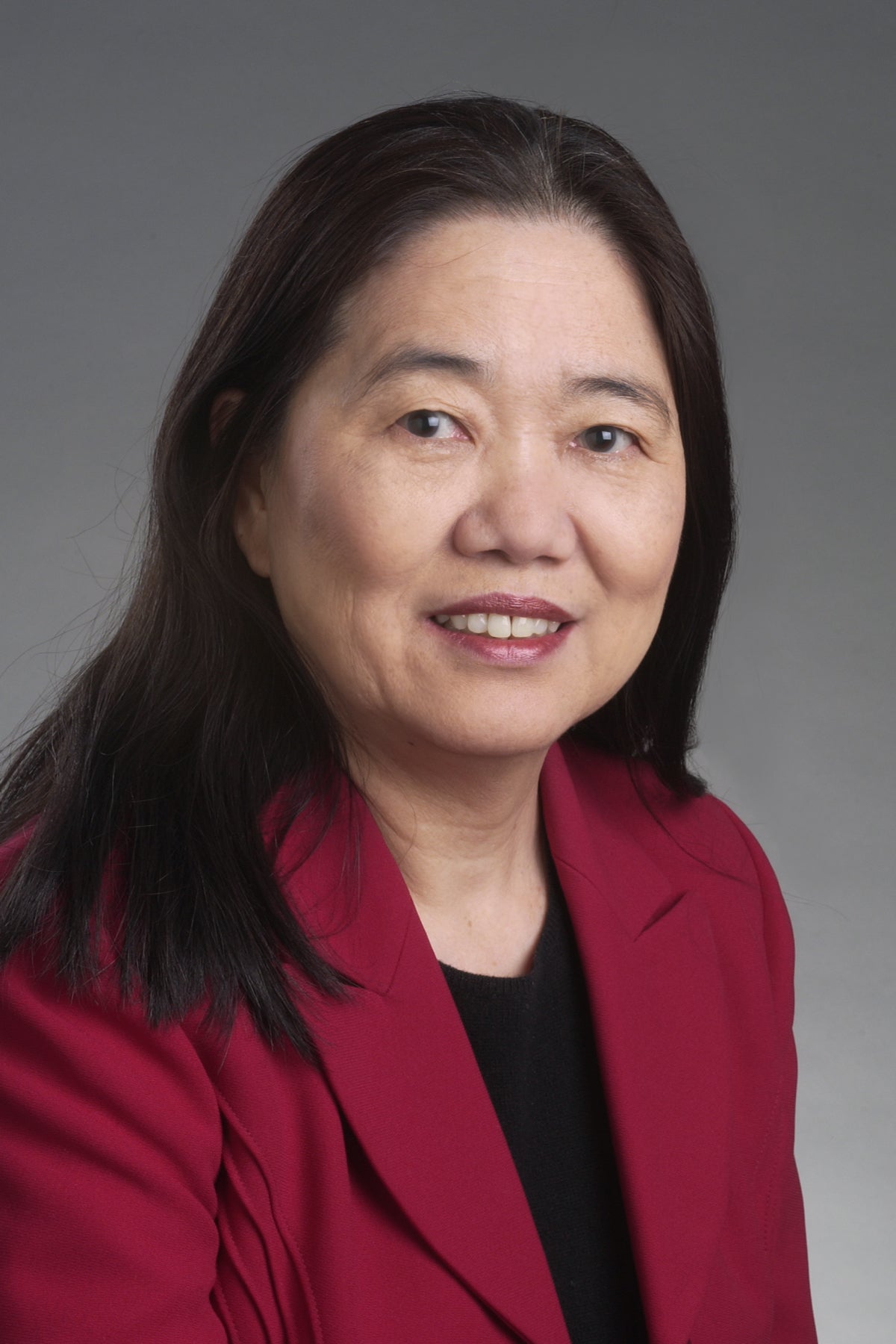
-
